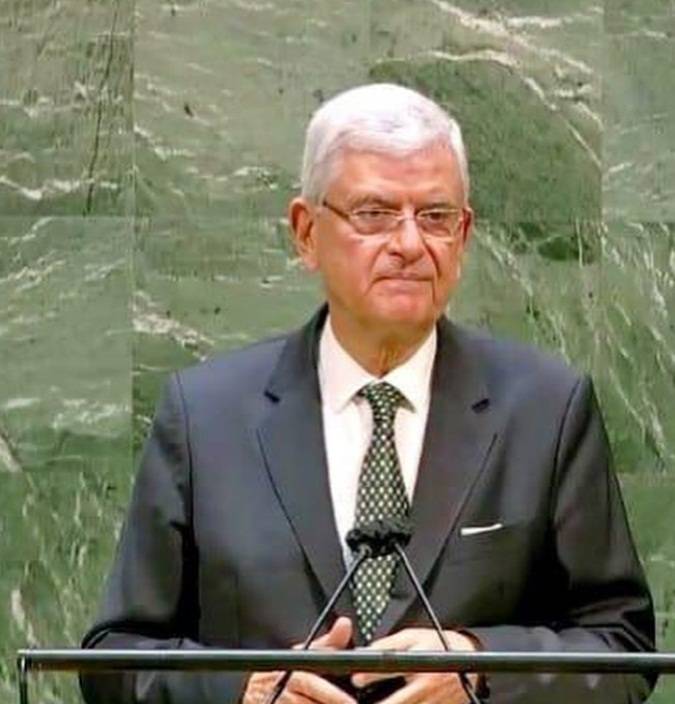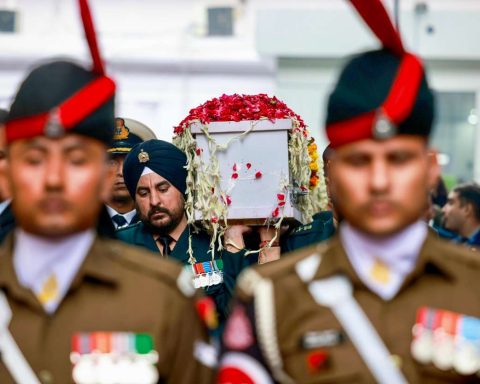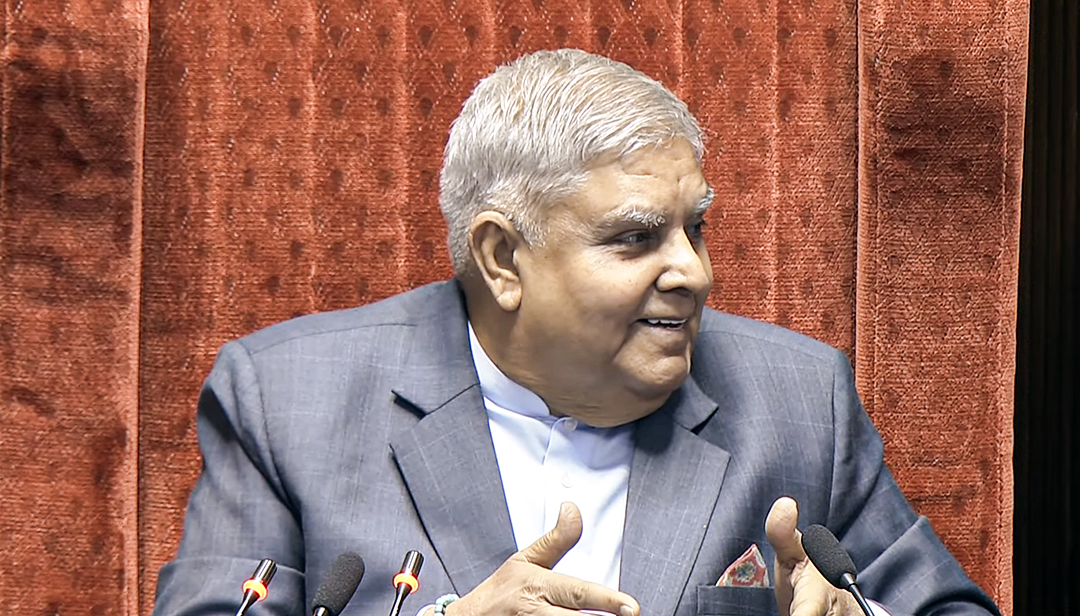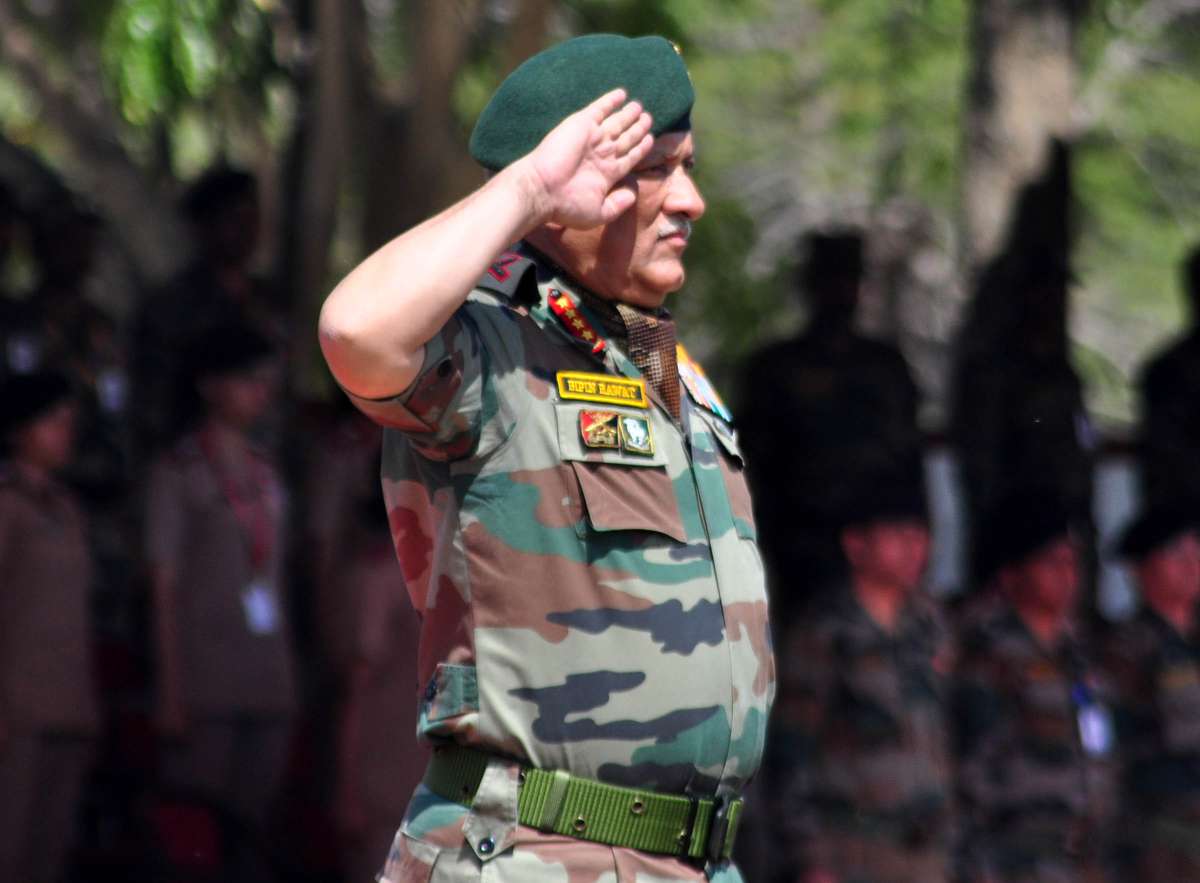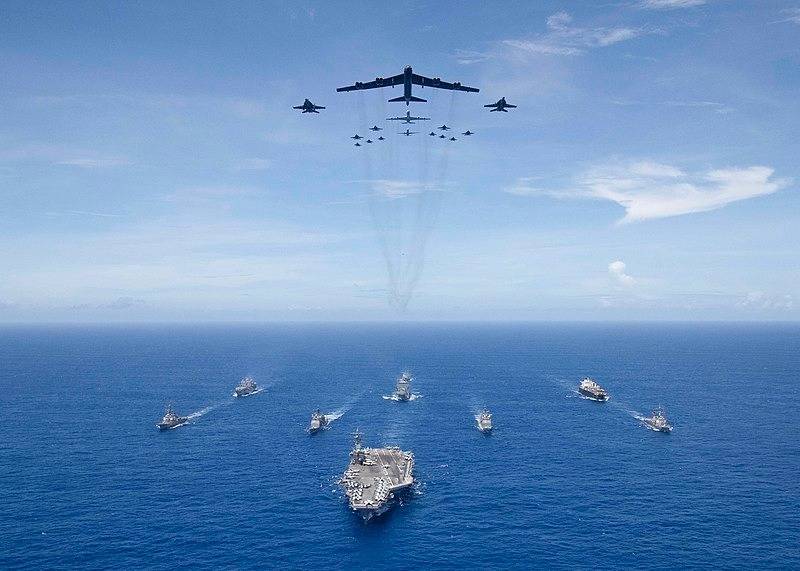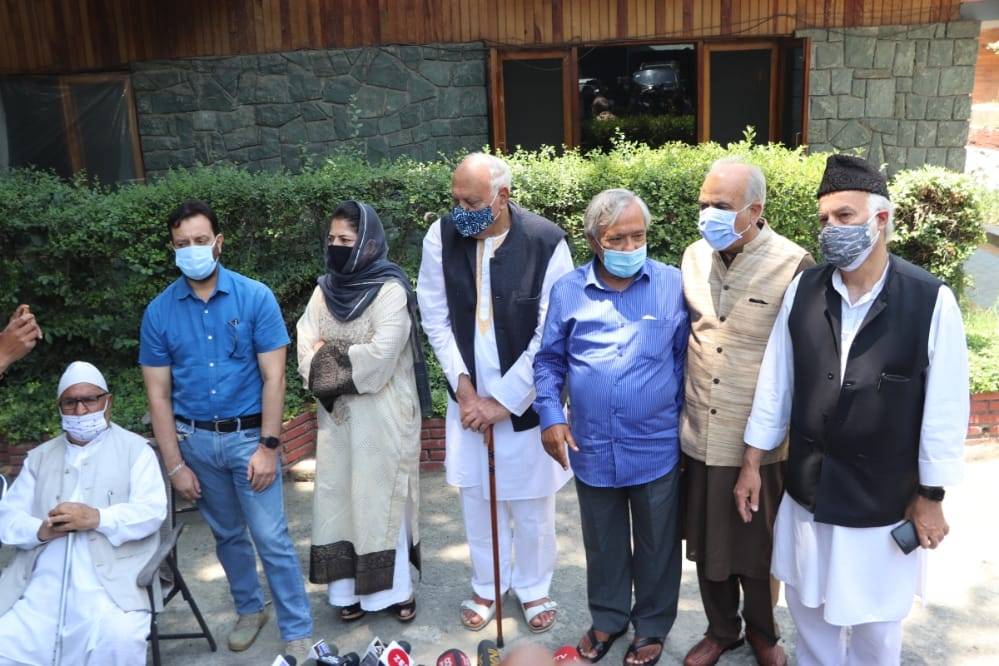India’s Permanent Representative T.S. Tirumurti declared, “IGN can no longer be used as a smokescreen today with this amended rollover decision.”…reports Asian Lite News
India and its G4 allies have forced General Assembly President Volkan Bozkir to accept an amendment to the decision on rolling Security Council reform negotiations to the next Assembly session during a meeting at which he and Germany’s Permanent Representative Christoph Heusgen clashed openly dropping the genteel style of diplomacy.
As the Assembly failed year after to make headway on the reform process, the intergovernmental negotiations (IGN) have been quietly bumped to the next session’s agenda, but this time on Tuesday the G4 prevailed in bringing the issue to the open for a discussion and have the decision amended to reflect the call of world leaders to reinvigorate the reform process.
India’s Permanent Representative T.S. Tirumurti declared, “IGN can no longer be used as a smokescreen today with this amended rollover decision.”
This was likely the first time that the rollover decision was discussed and amended.
Diplomatic sources said that this development was a breakthrough because for the first time it puts on official UN record the discussion on reforms and the various stances because the IGN discussions take place in informal meetings without any official records.
The G4 had wanted the decision to reaffirm “the commitment of the Heads of State and Government representing the people of the world to ‘instil new life in the discussion on the reform of the Security Council’.”
Those words were taken directly from the declaration adopted in September by the heads of state and government commemorating the 75th anniversary of the UN’s founding.

With several countries rallying behind the G4 demand for the amendment, Qatar’s Permanent Representative Alya bint Ahmed Al Thani, who is also the IGN co-chair, formally proposed accepting it through a consensus.
Pakistan, Italy and their allies and China, who opposed amending the decision, backed down and with Bozkir accepting it, the amendment was accepted unanimously.
Tirumurti said that “by agreeing to include our leaders promise to instil new life in our role or decision, we are reaffirming once more that what we are engaged in in the IGN is not simply a series of academic debates. Our mandate is to deliver on Security Council reform, not just to discuss it ad infinitum.”
In a spirit of compromise, the G4 did not press two other minor changes in the wording of another section of the decision.
The G4 is made up of India, Brazil, Germany and Japan, which work together for Council reforms that would add more permanent members and support each other for permanent seats on an expanded Council.
Bozkir had circulated earlier this month the written draft of what in UN parlance is called an “oral decision” for adoption last Wednesday.
But Heusgen vigorously accused him last Wednesday of failing to consult other members and groups on the draft decision as previous Assembly presidents had done and unilaterally presenting it.
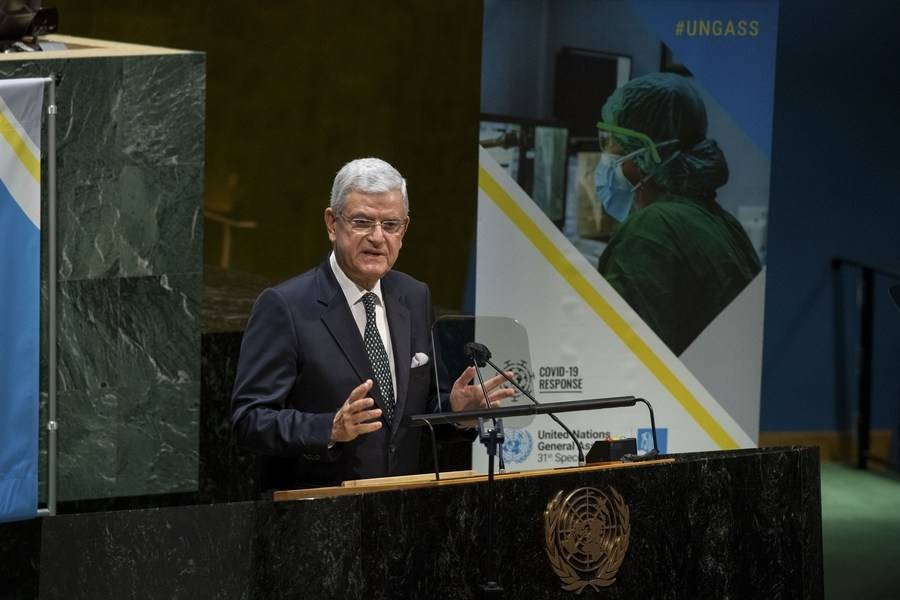
As the tide of opposition swelled, it was decided to postpone the issue to Tuesday.
Meanwhile, diplomatic sources said, Al Thani facilitated consultations on the G4 amendment proposal and a majority of countries backed it leading to a consensus for including the world leaders’ call, which makes it a mandate and adds an element of urgency.
Heusgen, who is leaving the position of Germany’s Permanent Representative soon, did not mince words on Tuesday, lashing out against Bozkir as well as countries like Pakistan and China that oppose reforms to enlarge permanent membership.
At the meeting last week the matters became personal when Heusgen accused Bozkir of taking the position of his country, Turkey, on reforms instead of staying neutral as Assembly President.
ALSO READ: India slams Pakistan for its human rights situation
Turkey is a member, along with Pakistan and Italy, of the group known as Uniting for Consensus (UfC), which opposes expanding the permanent membership of the Council and has successfully used procedural measures to stall reforms.
“This is not the task of the President of the General Assembly to represent the position of one group,” Heusgen said.
He said that he was “shocked” that Bozkir had not held consultations “in contradiction to the practice of your predecessors” and that there was no mention of the mandate given by the 193 world leaders for reforms.
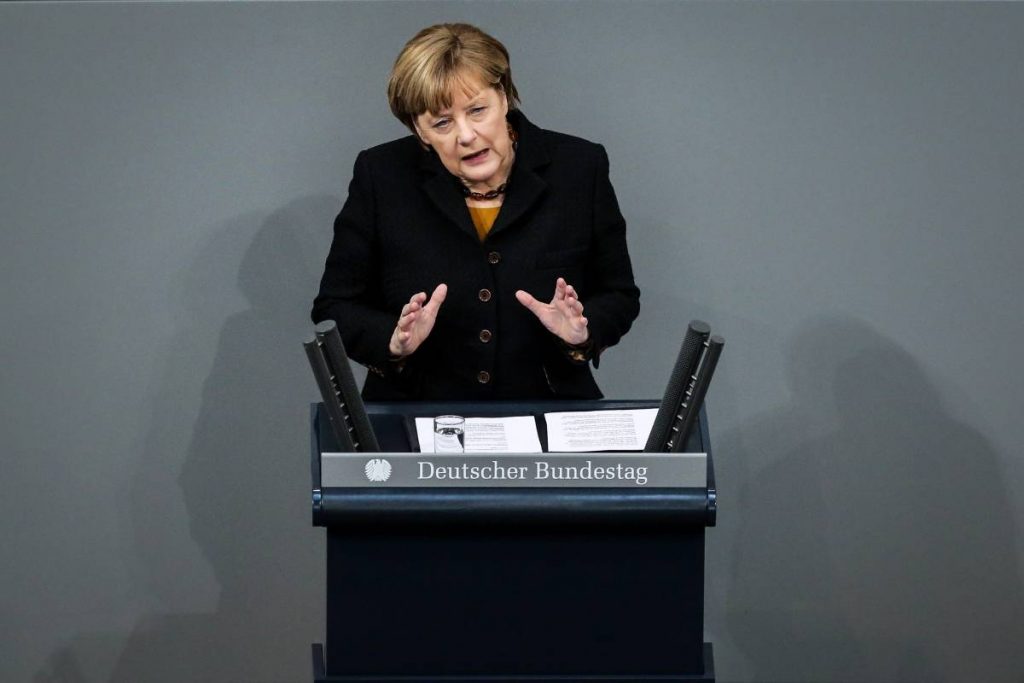
Bozkir shot back on Tuesday with the threat of a “dangerous” eruption and accused Heusgn of breaking diplomatic traditions.
He said that some delegates have been surprised at his silence when Heusgen – whom he called a “plain-speaking man in New York” without naming him – “showed some arrows to me” and was “very sentimental and not in line with the diplomatic traditions of the General Assembly.”
But Bozkir said that his first name Volkan means volcano. There were two types of volcano and the dangerous one is the “silent Vesuvius” and “the day it will erupt, it will spread huge destruction,” he said.
“I remain silent in that reply to the distinguished representative, but I just want to clarify that my silence was in line with the Vesuvius volcano style” he warned.
Heusgen said on Tuesday that he was surprised that Pakistan and China said that asking to add the call for instilling “new life” to the reforms process was “controversial elements” or “aggressive demands.”
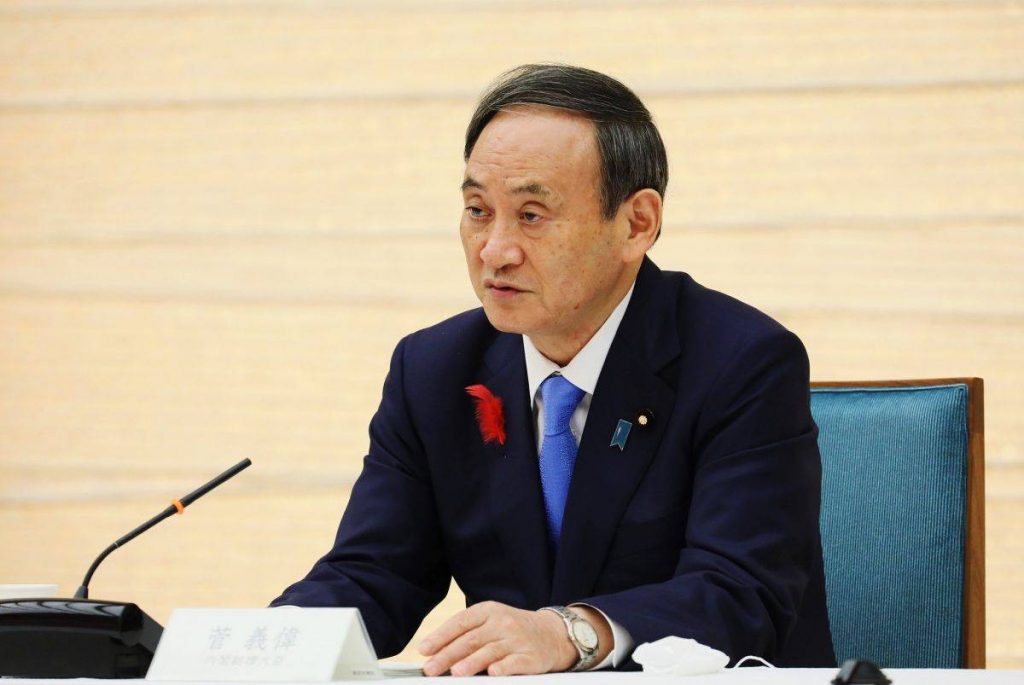
Heusgen suggested that the IGN break away from its quest for consensus and instead vote on the reform – which would require a two-thirds majority in the Assembly.
He also exposed the behind the scenes machinations to block the reform process.
One of the tactics used by those countries blocking the reform process is to prevent the IGN from adopting a negotiating text on which to base the discussions. The negotiations then get trapped in a Sisyphian exercise without such a document to move it forward.
“Those countries who then put pressure on delegates here, or put pressure in capitals to prevent delegations from asking for a text-based negotiations or single text, (should) stop that,” he said.
“I hope to see the last of these pressure tactics,” he added.
China has pressured countries through its aid programmes to oppose reforms, according to diplomatic sources.
The Turkish news media, Daily Sabah, has quoted Heusgen as telling the Anandolous new agency, “Unfortunately, two countries – and this is China and Russia – are blocking all our progress toward real negotiations.”
ALSO READ: Indian engaged in talks with Taliban, says Qatar’s FM
